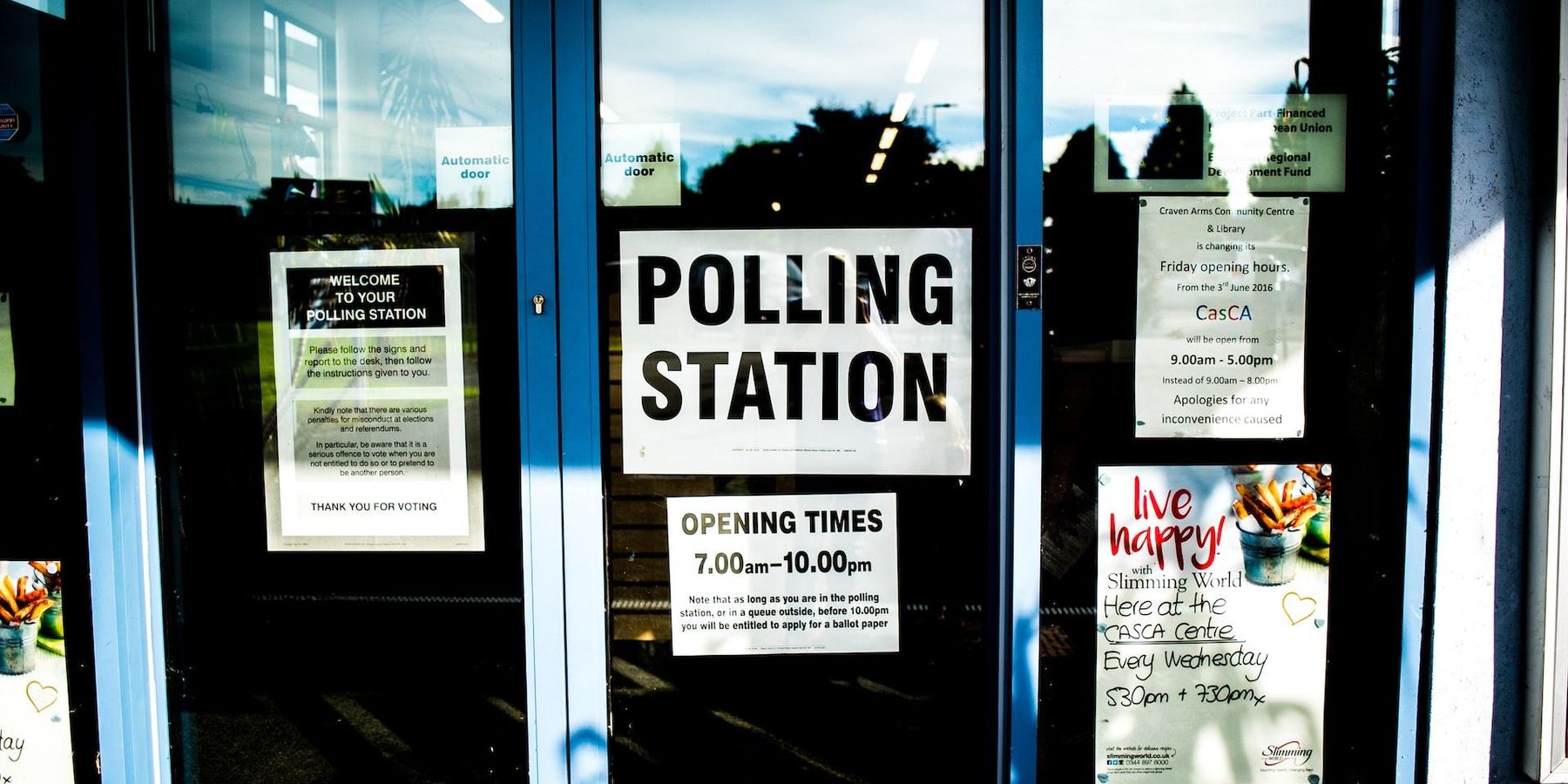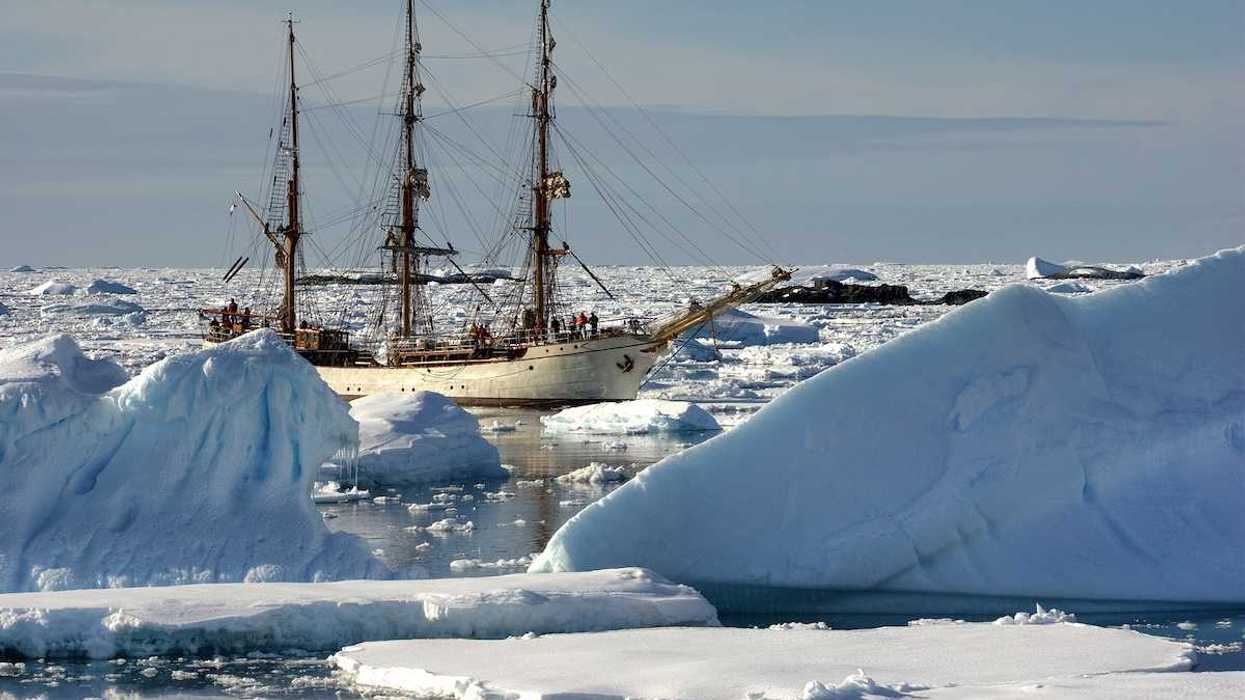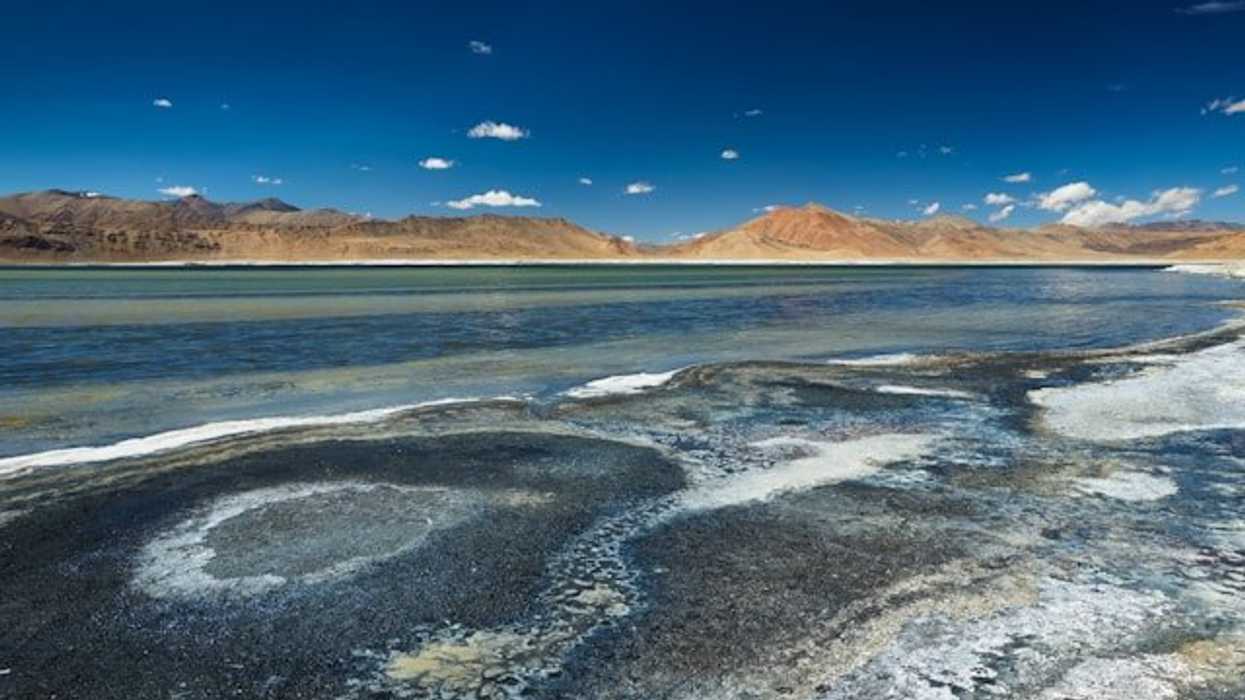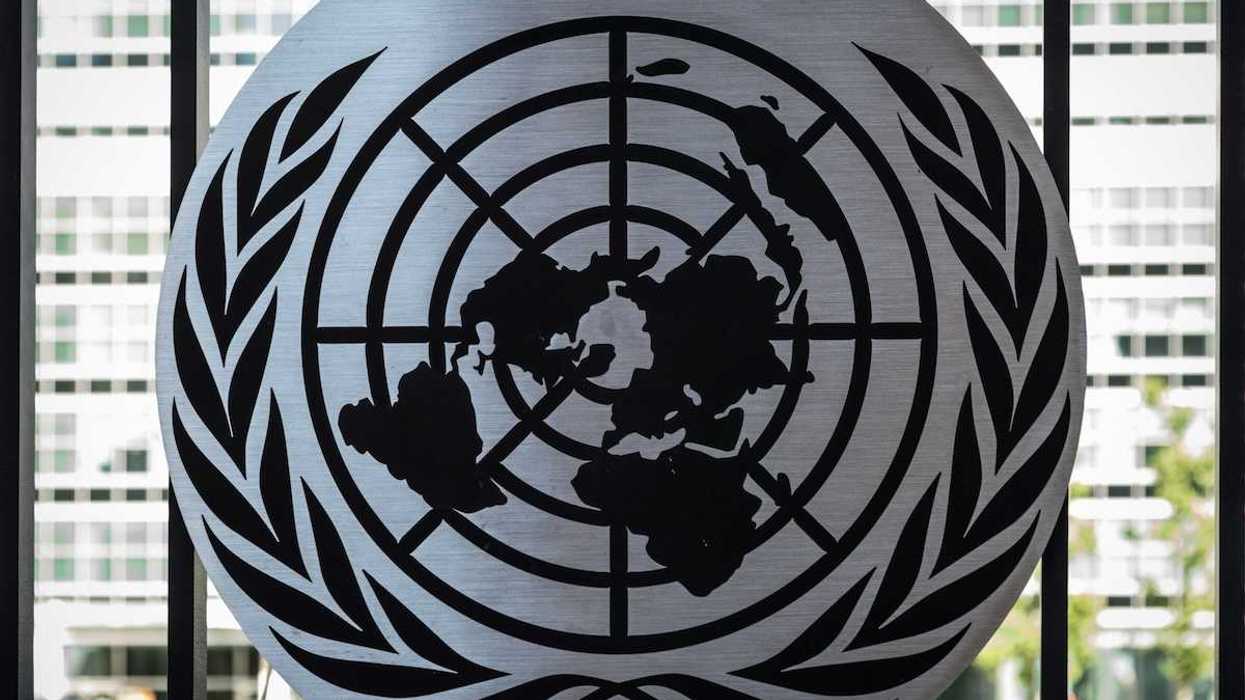American environmental law came of age under the aegis of that unlikely ol’ treehugger, Richard Milhous Nixon.
The seminal laws on clean air, clean water, endangered species, and environmental impact statements were born. So were two vital environmental agencies, the Environmental Protection Agency (EPA) and the National Oceanic and Atmospheric Administration (NOAA) of the Commerce Department.
Nonprofits matched the frantic pace with the 1970 debut of Earth Day. When the venerable Sierra Club fired its cantankerous boss, David Brower created Friends of the Earth. Some hotshot Ivy League lawyers founded the Natural Resources Defense Council, in friendly competition with some other hotshot Ivies at the Environmental Defense Fund (b.1967).
Also in 1970, a well-connected aide to a Long Island Congressman, fortified with David Brower’s advice and encouragement, founded the League of Conservation Voters.
Marion Edey was taking names — and a nonpartisan clearinghouse for environmental politics was born.
Foremost among the League of Conservation Voters' (LCV) products were its annual scorecard, which graded the voting performance of every member of Congress on key environmental legislation. And later, LCV’s Dirty Dozen, a scornful list of undeserving candidates for national office.
Political archaeology
For all its legitimate value as a political mainstay for environmentalists, LCV’s website offers geek-out opportunities for a half-century’s worth of American environmental history.
In the ancient 1971-72 edition of the LCV Scorecard, House and Senate members are graded on their votes on clean water, killing marine mammals, and regulating supersonic transport passenger aircraft. Two New York City Democrats drew perfect 100% scores from LCV: Future Mayor Ed Koch and Bella Abzug. The only Senator to score 100% was — surprise! — Earth Day co-founder Gaylord Nelson (D-Wisc.)
And a “zero” of note was the day’s conservative standard bearer, Barry Goldwater (R-Ariz.).
In 1973, Congress pondered the Alaska pipeline and OPEC’s first oil embargo. House Minority Leader Gerald Ford rated 11% before resigning to replace Vice President Agnew, and then President Nixon.
In 1977-78, Congress considered several mine safety and nuke safety measures as well as major land conservation efforts in Alaska. There were few perfect scores or shutouts, but freshman Senator Joe Biden (D-Del.) scored a 92%.
In the 1980 scorecard, a young Georgia Republican named Newton LeRoy Gingrich scored 50% -- 15 points better than a young Democrat from neighboring Tennessee, Al Gore.
And as LCV matured, environmental party politics regressed into the tribal mess that dominates all national politics. In last year’s Scorecard, Pennsylvania’s Brian Kirkpatrick was the only Republican congressman who scored higher than 50%.
LCV’s revenues for the last full year available were $78 million in 2020. Not insignificant, but couch change compared to Soros or Steyer, or Donors Trust.
This year, Republicans have once again run the table on LCV’s Dirty Dozen. Bearing rap sheets featuring Big Oil funding and climate denial, LCV has targeted several Republicans in high-profile, pivotal Senate races: Wisconsin’s Ron Johnson; Georgia’s Herschel Walker; Mehmet Oz in Pennsylvania; and Arizona’s Blake Masters. Through no fault of LCV’s, “nonpartisan” is now a punchline.
I’m writing this with the TV on in the background. Bleak scurrilous ads vie to persuade me that the Dems are soulless criminals, and that the Republicans are, too.
But groups like LCV can show how the game should be played: By realizing that it is not a game.
Peter Dykstra is our weekend editor and columnist and can be reached at pdykstra@ehn.org or @pdykstra.
His views do not necessarily represent those of EHN, The Daily Climate, or publisher Environmental Health Sciences.
- Peter Dykstra: GOP rising - EHN ›
- Peter Dykstra: Climate change denial and me - EHN ›
- Peter Dykstra: Putting the “conserve” back in “conservative” - EHN ›
- Peter Dykstra: Environmental takeaways from Election Day - EHN ›

















